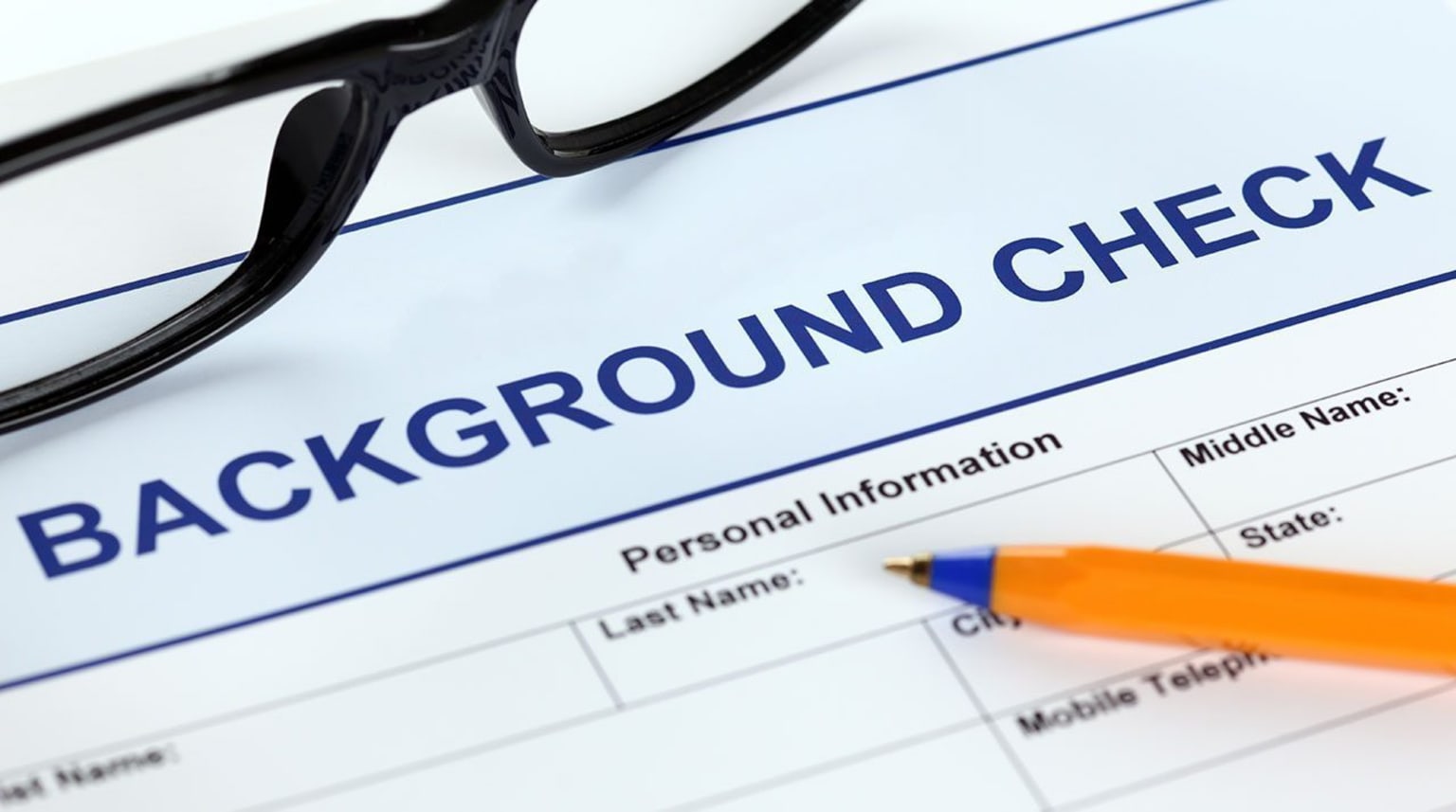Background checks can be very useful in many situations. Background checks can be very useful if you are looking for employees or have concerns about their character. police checks are a common way for employers to screen potential employees. However, it is also common for family, friends, neighbors, and co-workers do background checks on individuals. Anyone can access any information online today.
The internet has revolutionized the way that individuals conduct background checks for employment. You don’t need to travel far to conduct background checks on someone because of technological advances. Many online companies offer background checks that you can conduct for yourself or for purchase. These companies will provide you with a complete report that includes public records such as driving and arrest records. Many companies charge a small amount to conduct background checks for pre-employment and employment purposes.
Background checks for employment can provide valuable insight into a potential employee’s character. However, they are often performed by employers or hiring managers without the consent of the employee. Background checks are often done to determine if the candidate is police check for the job. For instance, let’s say you are an employer who needs a nanny to care for your children while you work. You want to hire someone with a clean criminal record, who has not been in any legal proceedings, and who will not steal your property. You may also want to conduct a pre-employment background investigation to see if the potential nanny can care for your children while on the job. Employers can’t legally ask you about credit history or sensitive information in either case.
Employers are permitted to inquire about your credit reports and other information, but they are not legally permitted to use it to make hiring decision. To qualify for a job, many people made the costly error of providing false credit information. Unfortunately, after submitting their false information, employers discovered that they did not have any credit information to run against their applicants. This means that although you were applying for jobs that you thought would be available to you, your chances of getting those jobs were significantly reduced because you lied about your credit score.
Another example of the negative effects of criminal background checks on employment is the risk of lying when you submit false information on your job application. A person applying for a job in a bank, restaurant, or other company that requires background checks on all employees. The person probably did not think of the consequences of lying on an application for a sensitive position such as a cashier’s position. What does this mean for those who apply for jobs in law enforcement or other potentially sensitive areas?
Consider the possibility that an employer may run criminal background checks on potential candidates who work in law enforcement. However, they might also check whether they work in sensitive environments like a doctor’s practice. In the first scenario, this could easily expose falsified or inaccurate information on the applicant’s background reports. For example, an employer might discover that the prospective employee lied about his or her arrest record when applying for a position as a police officer. This could lead to the candidate being denied employment. This is why companies that conduct criminal background checks for employment must be very careful that they do not use false information on their applications.
In addition, because most people lie about their employment history when they apply for jobs, they are likely to be reported as such on the applicant’s final job application. These background checks for employment history are not intended to verify the applicant’s truthfulness. This is why companies that run criminal checks for employment histories should make sure that the applicant has provided all of the appropriate and accurate information. Many applicants may have omitted vital information or even lied about their criminal records.
This does not mean that every time an employee applies for a job, they automatically get rejected. Employers are well aware that a candidate with a criminal record would likely not have been hired if their employment background checks were more thorough. This means that employers who take the necessary time to screen their potential employees’ backgrounds will often find that they make the wrong hire. As a result, employers are required to carefully consider each of the candidate’s applications and decide whether or not the applicant should be hired.

